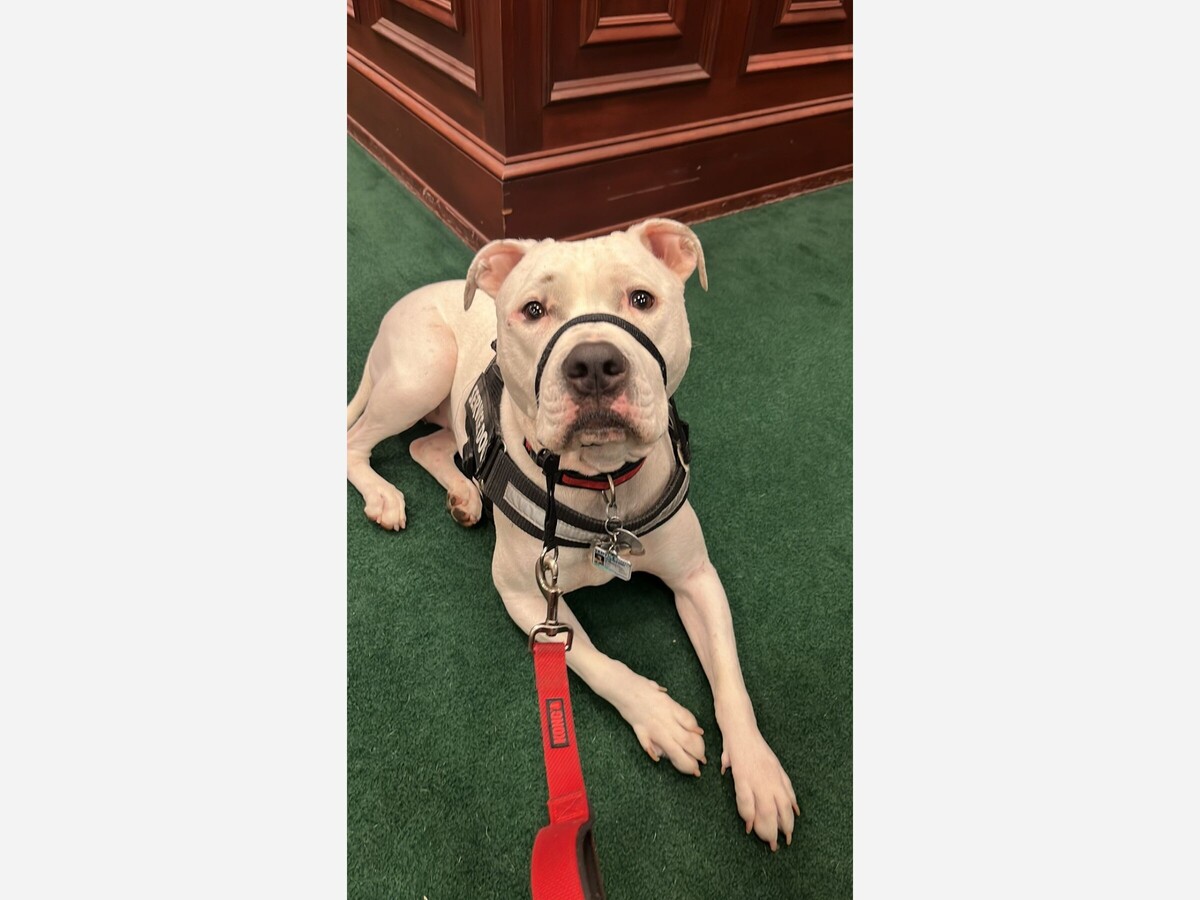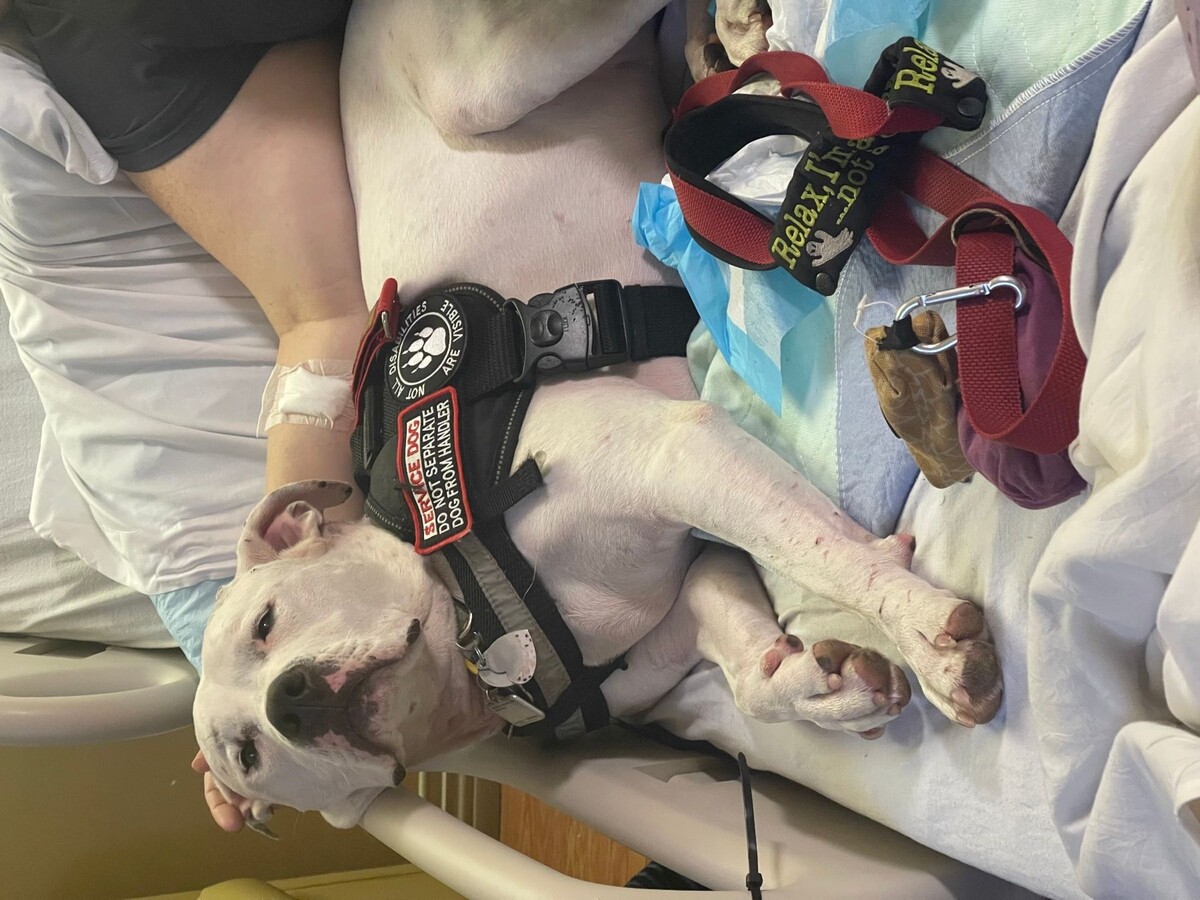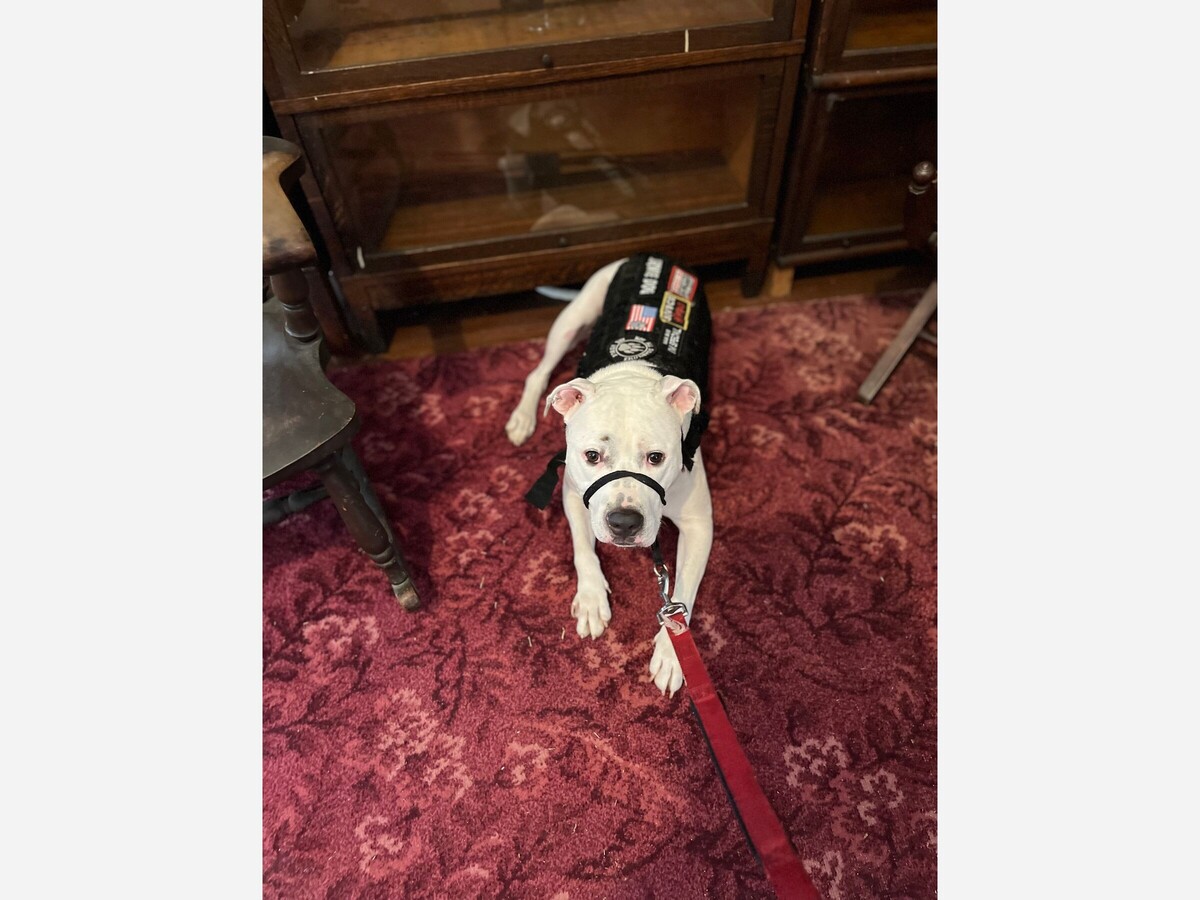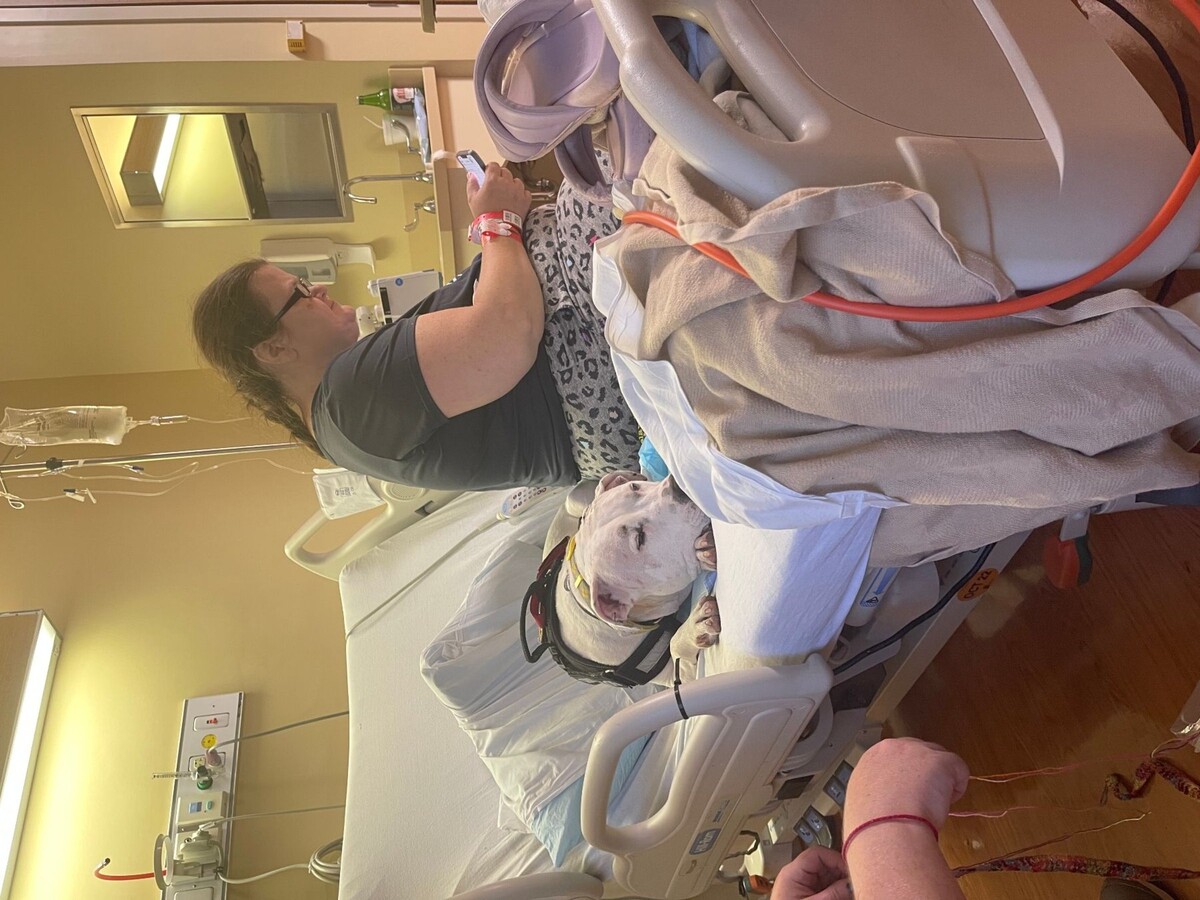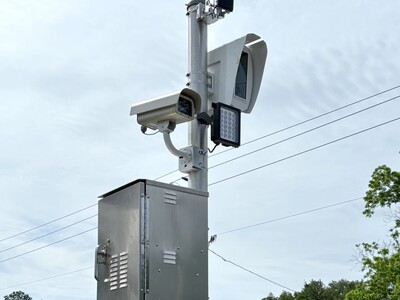Understanding Service Dog Protocols: A Guide for Doctor's Offices and Businesses
By: Rhonda Nelson
Date: May 23, 2024
Milledgeville, GA- In recent years, service dogs have become invaluable companions for many individuals, providing essential support for a range of disabilities. However, it is crucial for businesses, including medical practices, to understand and respect the laws and proper protocols regarding service dogs. Unfortunately, there are still many misconceptions and lapses in etiquette that can lead to uncomfortable and discriminatory situations.
Service Dogs and the Law
Under the Americans with Disabilities Act (ADA), service dogs are defined as dogs that are individually trained to perform tasks for people with disabilities. These tasks can range from guiding individuals who are blind to alerting individuals who are deaf, pulling a wheelchair, fetching items, reminding a person to take prescribed medications, or pressing an elevator button. The ADA mandates that businesses, including doctor’s offices, must allow service dogs to accompany their handlers wherever the public is allowed to go.
Permissible Questions
When it is not obvious what service a dog provides, staff are allowed to ask only two specific questions:
- Is the dog a service animal required because of a disability?
- What work or task has the dog been trained to perform?
Staff are prohibited from asking about the person’s disability, requiring medical documentation, demanding a special identification card or training documentation for the dog, or asking that the dog demonstrate its ability to perform the work or task.
My Personal Experience
Today, I had an appointment with my neurologist, a routine check-up for my migraine headaches but it is worth noting that I also have Postural Orthostatic Tachycardia Syndrome (POTS). As always, my service dog, Piper, accompanied me. Piper is trained to assist me with my condition by alerting me to impending episodes and helping me maintain my balance.
While my neurologist was understanding and professional, his office staff's behavior was disappointing. They inquired about my disability and why I needed Piper, which is not appropriate according to ADA guidelines. I overheard them outside the examination room discussing Piper and making judgments about my appearance and condition. Comments like, “She doesn’t look like she needs a service dog” and “People with POTS don’t need service dogs” were not only incorrect but also deeply hurtful.
Proper Procedures for Businesses
To avoid such situations, businesses should adhere to the following guidelines:
- Training and Education: Staff should be trained regularly about the rights of individuals with service dogs and the appropriate questions to ask.
- Respect and Privacy: Staff should respect the privacy of the individual and refrain from making assumptions or judgments about their disability.
- Clear Communication: Have clear policies in place regarding service animals and ensure all employees are aware of these policies.
- Welcoming Environment: Foster a welcoming environment where individuals with service dogs feel comfortable and supported.
Service dogs play a critical role in the lives of many people with disabilities. It is imperative that businesses, especially medical offices, understand and follow the proper procedures for accommodating these essential companions. By doing so, they ensure compliance with the law and contribute to a more inclusive and respectful environment for all.
My experience today highlights the need for continuous education and awareness about service dogs. Let us all strive to be more informed and empathetic, ensuring that everyone, regardless of their disability, receives the respect and support they deserve.

